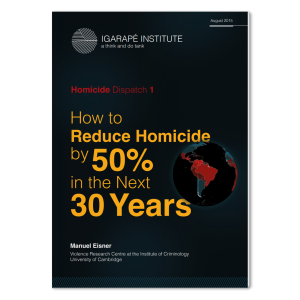
How to Reduce Homicide by 50% in the Next 30 Years
This Dispatch offers several practical recommendations to reduce homicidal violence by 50% in the next thirty years.

This Dispatch offers several practical recommendations to reduce homicidal violence by 50% in the next thirty years.

Detectives in Manaus are investigating whether police death squads or criminal gangs were involved in a rash of execution-style killings that left 35 people dead in just three days. As the authorities flooded the streets with officers to reassure a nervous public, city officials were

Thanks to the technology revolution, policing in Brazil and around the world is changing

Violent crime is deeply entrenched in some developing countries, particularly in Latin America. Our experts offer these solutions to bringing down high rates

Se por um lado demos um passo importante para garantir a vida de nossas crianças durante seus primeiros anos, por outro, fracassamos em evitar o trágico destino de morte violenta para muitas destas crianças na segunda década de suas vidas

How can we bring down crime in the world’s most dangerous cities
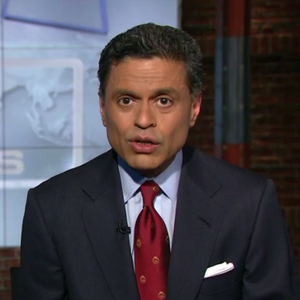
CNN’s Fareed Zakaria GPS looks at “new interactive map” that “tells you where not to go”.

A macabre interactive map exposes the nations where people are most likely to be murdered

There are enough contradictory statistics about safety in Latin America to confuse — and scare — anyone.

Are homicide statistics just another number crunching exercise or a helpful indicator for humanitarian intervention?

Honduras, El Salvador, Venezuela and Brazil earn unwanted distinction but homicides are concentrated among young male poor and policing can slash rates

“Strong gun laws are not equivalent to taking guns away from citizens”, says newest p-ed written by Rob Muggah and Ilona Szabó and published at the The Huffington Post

While not welcomed by everyone, new technologies such as cop cams are coming. Many of the U.S.’s largest police departments are already testing them
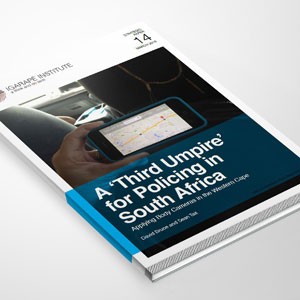
A report on Brazil’s security technology “Smart Policing”, an open-source app for monitoring police developed by Igarapé Institute.

Cape Town and Rio de Janeiro have joined hands in trying out a new policing system. The famous cities are employing the use of mobile cameras to strengthen policing in various districts while improving police accountability and enhancing police relations with society. The initiative is
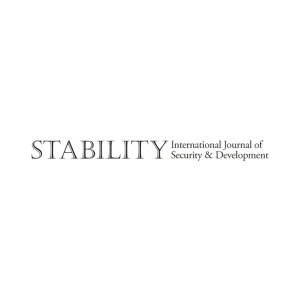
The special collection – Citizen Security Dialogues: Dispatches from Mexico – features original research from Mexico’s leading security and justice experts.
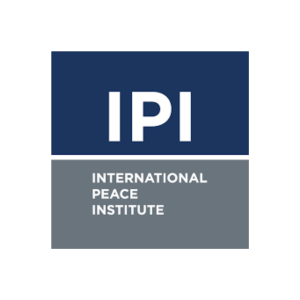
In the wake of recent cases of police violence in the United States, a national conversation has started about the use of body cameras.

Robert Muggah, research director at the Igarapé Institute, was selected by Ericsson as one of 60 winners in the “network society” by using technology to solve complex social problems
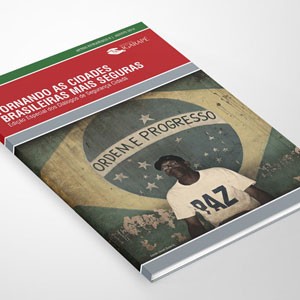
[In Portugues] It is possible to make Brazil safer? Specialists say it is and share effective iniatives of four brazilian states.

Vishva Samani reports on how smart policing in Brazil keeps a check on the police
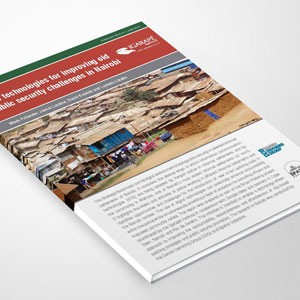
The use of digital technology for violence prevention in Kenya’s capital still find barriers, but there are also positive perspectives.

News in Jornal do Rio (Band) about Child Security Index (CSI) developed by Igarapé Institute
The Child Security Index (CSI) is an application which measures urban violence by the perspective of children
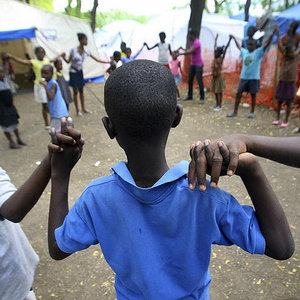
Instituto Igarapé foi a única instituição da América do Sul entre as dez vencedoras da premiação RIO — Uma organização não governamental do Rio recebeu, na segunda-feira, o prêmio Nova Era Digital do presidente-executivo do Google, Eric Schmidt. O Instituto Igarapé foi a única instituição
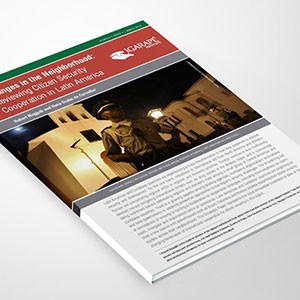
This Strategic Paper represents the most exhaustive treatment to date of the changing landscapes of international cooperation for citizen security in Latin America and the Caribbean.

The digital economy has been a key driver of change in Rio de Janeiro, extending power to those living in the favelas Anyone doubting Rio de Janeiro’s techward shift need only look at the famous pavement mosaics that mark the promenade along Copacabana beach. The
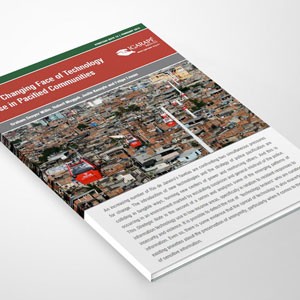
This Strategic Note analyses the introduction of new technologies and the strategy of police pacification in Rio de Janeiro’s favelas.

Robert Muggah, research director at the Igarapé Institute, talks about the Smart Policing project
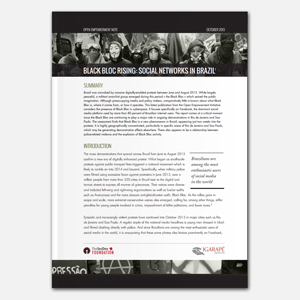
A report about the black blocs rise in Brazil, focused specifically on their use of social networks.
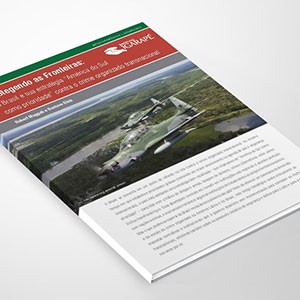
This Strategic Paper offers an overview of the scope and scale of organized crime in Latin America and Brazil more specifically.

O Instituto Igarapé utiliza cookies e outras tecnologias semelhantes para melhorar a sua experiência, de acordo com a nossa Política de Privacidade e nossos Termos de Uso e, ao continuar navegando, você concorda com essas condições.

